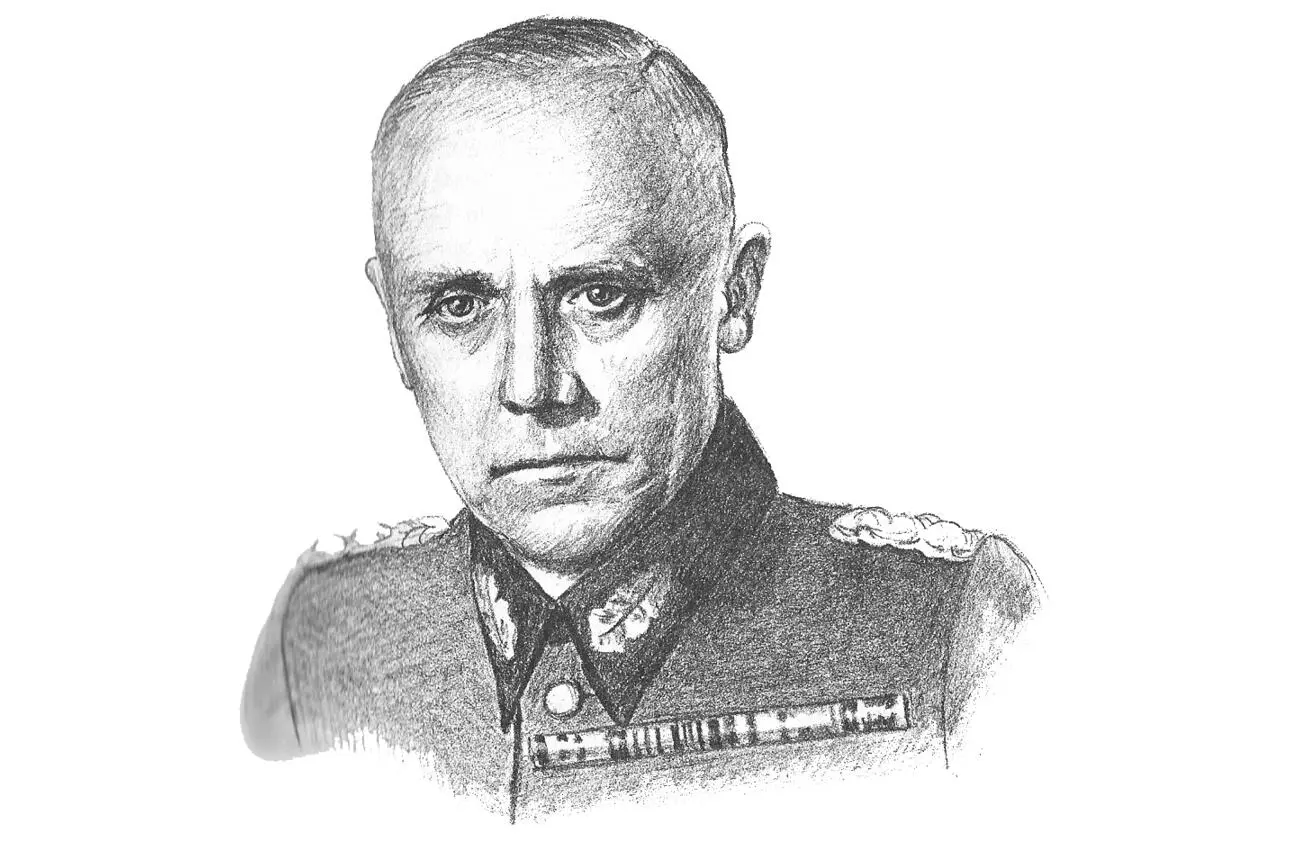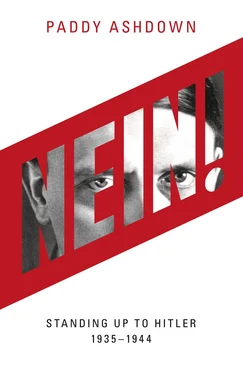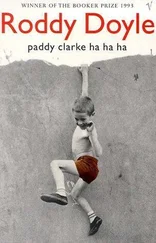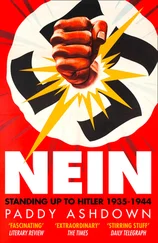Beck the young officer was no moustachioed, boneheaded Prussian militarist of the sort beloved of cartoonists and popular legend. He was what was known in the Germany of the time as an ‘educated officer’. Like Frederick the Great he was keen on music, and played the violin well. Widely read, knowledgeable and engaged in all aspects of German cultural life, he was fluent in English, an admirer of French culture and, unlike most in the Prussian officer class, engaged freely with politicians. Intellectually disciplined, he was widely recognised as a man of refinement and integrity; in later life he would earn the nickname ‘the philosopher general’.
But Ludwig Beck had his flaws too – they were the flaws which can often weaken the soldier who has more intellect than is needed for the job. He was a man of thought rather than of action, who weighed every step so carefully that he could sometimes miss the fleeting opportunity whose lightning exploitation is the true test of the great commander. One contemporary put it more prosaically: ‘Everyone who knew him, knew he could not be persuaded into a cavalry charge.’ Men looked up to Beck not for his battle-readiness, but for his deep spiritual and intellectual qualities, and for his unshakeable integrity.

Ludwig Beck
By the time the First World War came, Ludwig Beck was an experienced thirty-four-year-old professional soldier, widely regarded as a man on the way up. He spent most of the first three years of the war as a staff officer on the Western Front, earning a reputation for diligence and an extraordinary capacity for hard work. He worked such long hours at the front that he was forced to give up his beloved violin. In May 1916 he took a few days’ leave from the front to marry Amalie Pagenstecher, the daughter of a Bremen merchant and, at twenty-three, twelve years Beck’s junior. Nine months later the couple had a daughter, Gertrud. Then, in November 1917, tragedy struck when Amalie suddenly died. Beck arranged for Gertrud’s care and swiftly returned to his duties at the front line. After the war ended he took over his daughter’s upbringing himself, throwing himself into the task with typical dedication and energy.
A period commanding an artillery regiment in present-day Baden-Württemberg followed, before Beck was posted to the Department of the Army in Berlin in 1931. He arrived in the capital just in time to have a ringside seat for the final stages of the collapse of the Weimar Republic, and the rise of Adolf Hitler.
Beck’s job was to lead a team tasked with producing the German army’s new operations manual, the Truppenführung , which first appeared in 1933. A modified version of this widely acclaimed work is still in use in the German Federal Army of today. In 1932 Beck was promoted to lieutenant general, and in 1933, the year Hitler became chancellor, he was made head of the army department. By this time the army department had effectively become the German general staff, despite an explicit prohibition against the creation of such an organisation in the Versailles Treaty. Beck threw himself into his new task with his usual ferocious energy. He rose each morning at 5.30 and rode from six to eight, before being driven to army headquarters on Bendlerstrasse at 8.30. He worked in his office overlooking the courtyard from 9 a.m. until seven in the evening, when he returned home to dine. After dinner he did paperwork for a further three hours, before retiring to bed punctually at midnight.
These long hours were not spent only on military matters. By this stage of his life Beck was fully engaged in his second great love – politics.
It did not take him long to realise that his hope that Hitler would be a necessary and passing evil after the chaos of the Weimar years was to be confounded. Like Goerdeler and many others, Beck and his army colleagues were horrified by the lawlessness and bloodletting of the Night of the Long Knives, especially when one of the army’s own, Hitler’s predecessor as chancellor, General Kurt von Schleicher, and his wife were cold-bloodedly murdered in their home.
Three weeks later, an attempted putsch by Austrian Nazis to overthrow their government, in which Hitler’s hand was clearly visible, failed disastrously.
To Beck, who had close contacts in the German Foreign Office, the failed coup confirmed what he had feared for some time: that the long-term consequence – and probably intent – of Hitler’s foreign policy was war. Shortly afterwards, he wrote a memo to his superiors warning that premature foreign adventures would ultimately result in a ‘humiliating retreat’.
Beck, however, went further than predictions. Basing his arguments on religious and moral convictions similar to those of Goerdeler, he asserted, in a way that foreshadows the Nuremberg trials of more than a decade later, that legitimate action by the state and its servants in the army had to be based on morality. To prevent modern conflict becoming total war, he wrote, what was needed was ‘a policy with moral bases which knows to retain its supremacy on the foundation of a new moral idealism in the state itself and in its relations with other nations’. It goes without saying that if such a moral context for state policy and action was what Beck hoped for, he must have known that it could never be found in Hitler and his associates.
On 2 August 1934, a month after the Night of the Long Knives, the death occurred of the eighty-six-year-old President Paul von Hindenburg, the only person whose status and position could act as a counterbalance to Hitler’s growing command of the German state. A little over two weeks later, in a referendum called the day before the old president’s death, 89.9 per cent of Germans voted to combine the offices of president and chancellor, conferring absolute power on Adolf Hitler. All civil servants and members of the armed forces were now required to attend mass rallies and swear an oath of personal allegiance to Hitler (rather than, as previously to ‘the People and Fatherland’): ‘I swear by God this sacred oath, that I will render unconditional obedience to Adolf Hitler, the Führer of the German Reich and people, Supreme Commander of the Armed Forces, and will be ready as a brave soldier to risk my life for this oath.’ Beck, who claimed to have been unaware of the full form of the oath until he arrived at the ceremony, declared to a friend afterwards, ‘This the blackest day of my life.’ Later, in a classic Beck afterthought, he confided to another, Hans Bernd Gisevius, that he ‘could never rid himself of the awful thought that at the time he should not, perhaps, have given his oath’.
Very few felt as Beck did. The average officer in the Wehrmacht was delighted by the new mood of militarism in Germany, by the respect the army appeared to receive from Hitler and by the physical consequence of this: increased budgets for the latest arms and equipment, and a massive expansion in numbers. True, some were concerned that the flood of new recruits – especially members of the Hitler Youth, for whom the notion of Üb Immer Treu und Redlichkeit was as alien as it was quaint – would alter the nature of the German army. Most officers consoled themselves with the thought that the army would change the newcomers before they changed the army; and anyway, since the man to whom they had just sworn absolute fealty clearly needed them, what had they to fear?
Beck was one of very few who understood that the imposition of Hitler’s Führerprinzip (the leader principle), with its demand for absolute obedience, meant the destruction of the normal checks and balances of a democratic state. His answer to this threat was for the army, as Germany’s strongest and most revered institution, to play its role as the essential counterweight needed to keep the state on a safe course. In a normal democratic state, he suggested, military action was tasked and constrained by the political leaders. But if this balance was broken or dysfunctional, the roles should be reversed, and it should become the responsibility of the army to set its own limits for the politicians. ‘It is not what we do,’ he wrote to one of his subordinates in 1935, ‘but how we do it which is so bad. [It is a] policy of violence and perfidy.’ National confidence in Germany’s most illustrious arm, its military, depended, Beck asserted, on the army’s refusal to allow itself to be used as the tool of a foreign policy built on naked adventurism. The army, in short, had a duty to act as the emergency brake on political folly or evil.
Читать дальше





![Traudl Junge - Hitler's Last Secretary - A Firsthand Account of Life with Hitler [aka Until the Final Hour]](/books/416681/traudl-junge-hitler-s-last-secretary-a-firsthand-thumb.webp)







